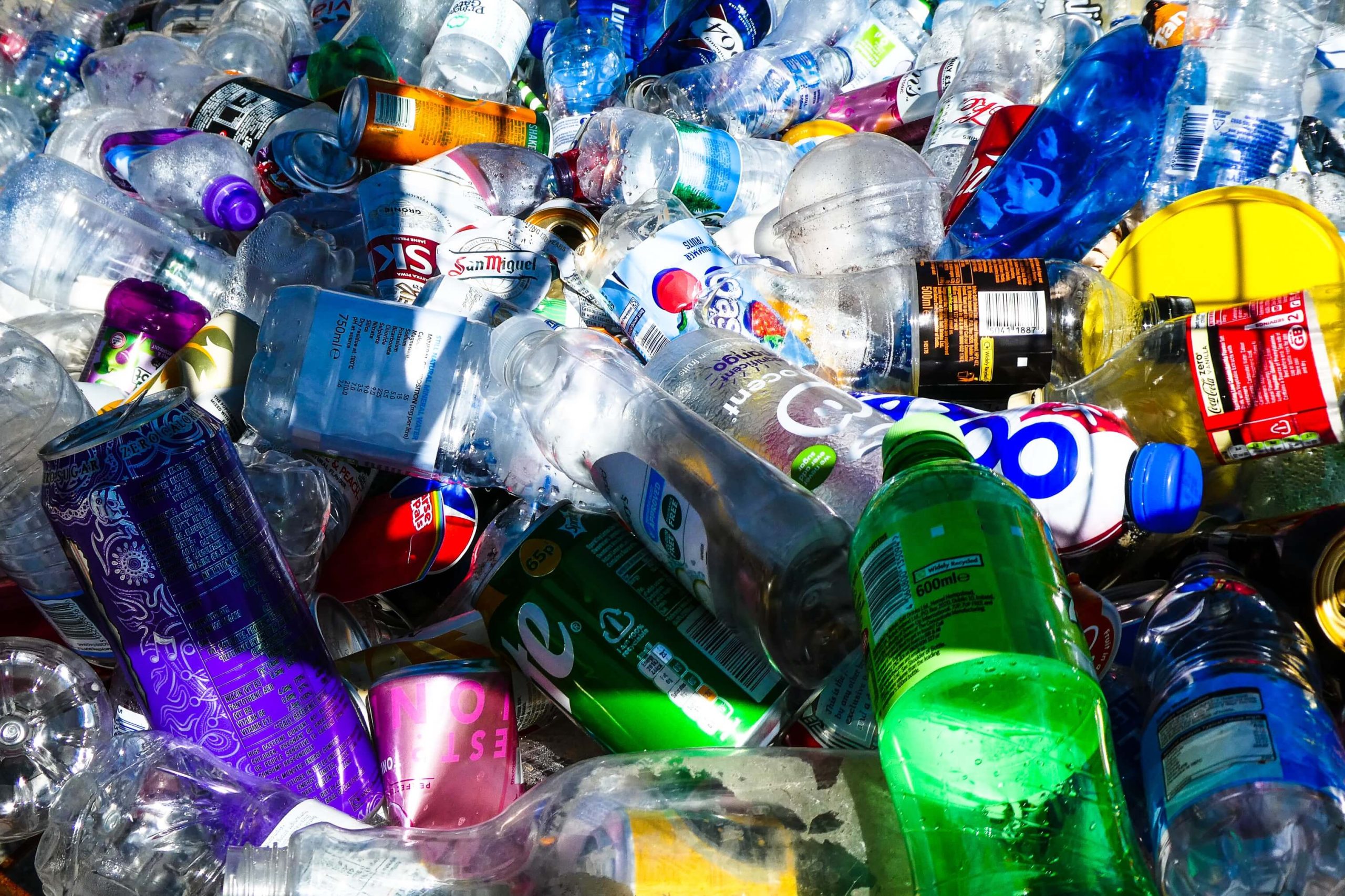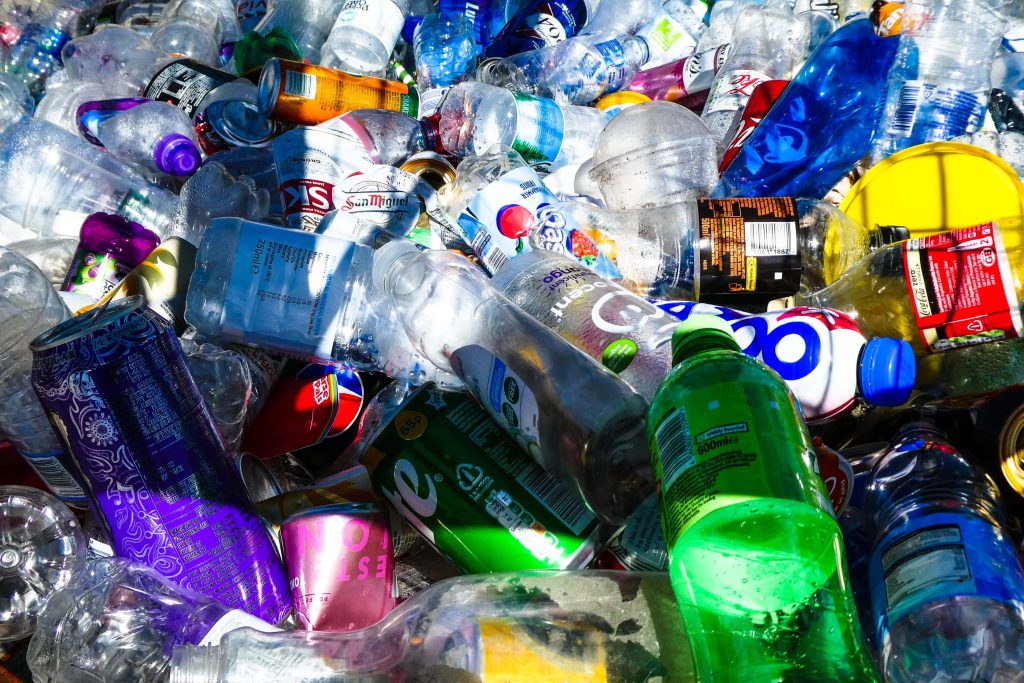
Since July 1st 2022, the government has banned single-use plastics to reduce the impact of pollution on terrestrial and aquatic ecosystems. Although the ban on single-use plastics (SUP) is intended to protect the environment, it is understandable that other options need to be explored to maintain the livelihood of employees in the affected MSME units.
SMEs account for 70-75% of the Rs 1,250-1,350 billion plastic industry in India‘s single-use plastic segment, which accounts for a third of the industry’s output.There are a wide variety of large-scale and small-scale plastics manufacturing facilities operating in India, which employ tens of thousands of people.
Key Takeaways
What plastic items are Banned?
What is the impact of the ban on MSMEs?
Expert thoughts on the plastic ban
What plastic items are banned?
Among the banned items are –
Plastic straws Earbuds with plastic sticks Sticks for balloons Plastic flags Candy sticks Ice cream sticks Polystyrene (thermocol) for decoration Plastic plates, cups, glasses, cutlery, such as forks, spoons, and knives Plastic wrapping or packing films for sweet boxes Invitation cards Cigarette packets Plastic or PVC banners less than 100 micronsWhat is the impact of the ban on MSMEs?
The plastic ban has a serious impact on the businesses of MSMEs. Below are only a few of the ways the ban affects MSMEs.- The ban will have a cascading effect on the entire value chain. Three-fourths of the end-user segments will see their costs rise because of the extensive list of prohibited items that has been issued.
- The alternatives to plastic are expensive, and hence it affects the end price of the products. For example, a plastic straw would cost 10 paise, whereas a paper straw costs 40 paise per unit.
- A ban on plastic carry bags with a thickness of less than 120 microns, set to take effect on December 31, 2022, will only exacerbate the problem.
- Small and medium-sized businesses (MSMEs) that are legal businesses find it especially hard to deal with unexpected costs, and many of them may be forced to go bankrupt.
- If the final packaging is not affordable to MSMEs, they might have to just exit the business. This has an effect on the economy of the whole country because MSMEs make up more than 33.4% of the manufacturing GDP.
- The ban on SUP is opening the door for substitutes for the banned items, and consumers may shift their demand from single-use plastic to its substitutes. In this case, the rate of waste production and the amount of work put into cities and towns would stay the same. Managing the substitutes would be the biggest problem.
